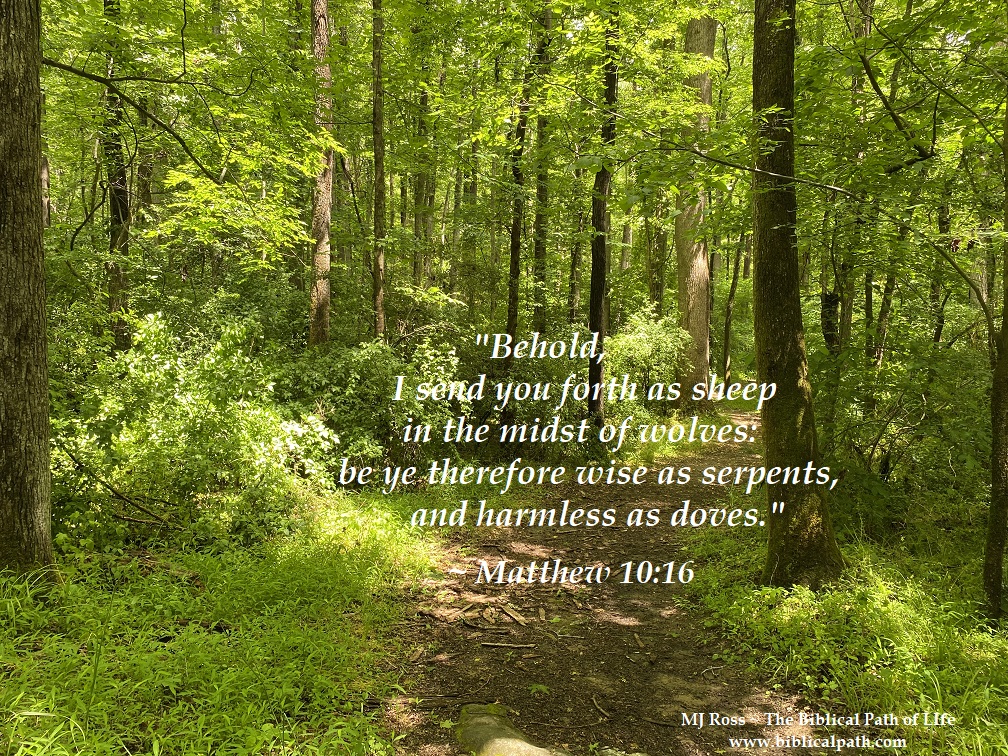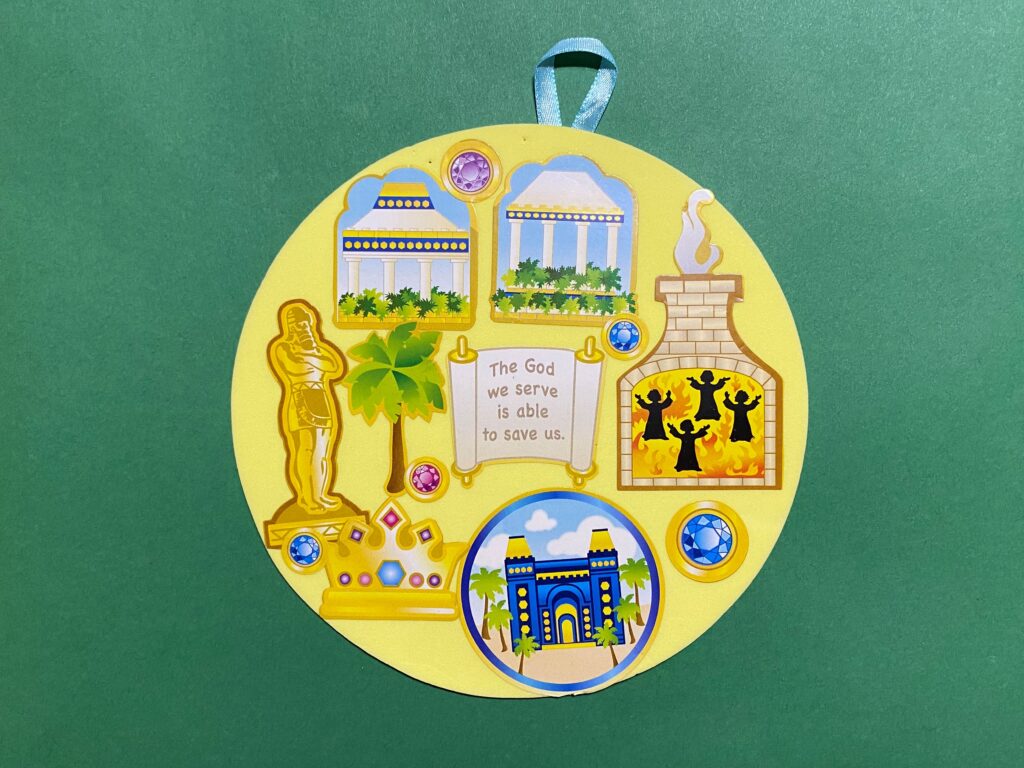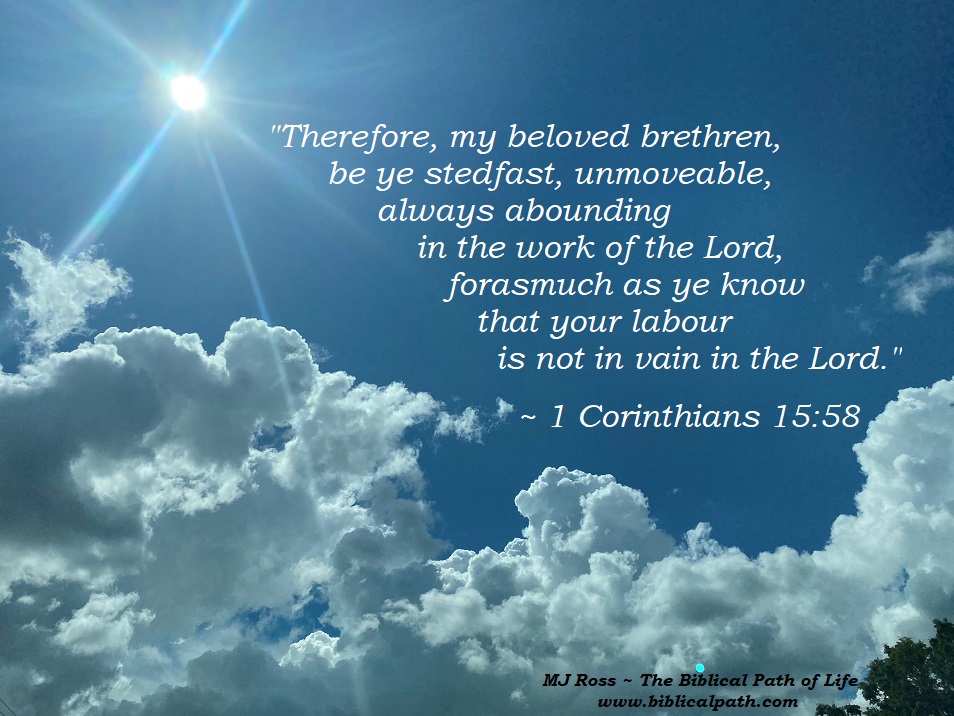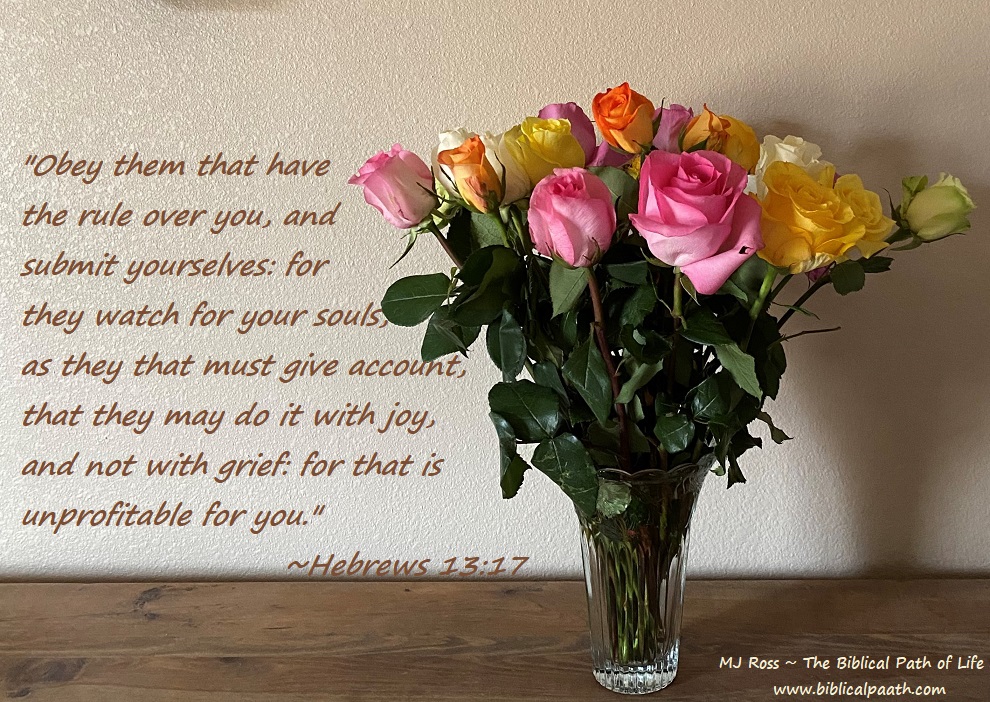
Key Verse
Behold, I send you forth as sheep in the midst of wolves: be ye therefore wise as serpents, and harmless as doves.
—Matthew 10:16
Key Verse Thought: Read the Key Verse. What do you think would happen to a sheep that was sent into the midst of a bunch of wolves (i.e.: chased, surrounded, killed, eaten, etc.). In this lesson, we will learn of four young men who were taken from their own people to live among an enemy nation who did not know God. We will learn how they were wise (as serpents – serpents means “the emblem of wisdom or cunning”) and harmless (harmless means “without any mixture of deceit or any defiling material”) as doves.
Emphasis: In this lesson, we will learn to understand that we are a witness to this lost generation – just as Daniel, Shadrach, Meshach, and Abednego were a life changing witness to Nebuchadnezzar – for he was saved because of their lives.
Lesson Summary: The book of Daniel contains some of the more familiar events in the Bible. Most people have probably heard these “stories” often. We will recognize that these are not just “stories” and, we will begin to understand them even better. First, we will consider their place in history. Daniel lived during the lives of the prophets Jeremiah and Ezekiel. Daniel and his three friends were most likely taken during the first siege of Nebuchadnezzar when many nobles and princes were taken captive (Daniel was of the kingly lineage of Judah). Remember that God allowed Babylon to come up against Jerusalem because of the condition of the Israelites – especially during the reign of their last four kings (for they had predominately forsaken God for idol worship).
In this lesson, we learn of four particular young men who were carried captive into the enemy king’s household: Daniel, Shadrach, Meshach, and Abednego. We find that they chose to obey God rather than the king, and God blessed them for that choice. They became rulers in the enemy land. The familiar events we will learn about today:
- Daniel and his three friends refuse to eat the king’s meat, but they are found wiser than all of the wise men in Babylon.
- Nebuchadnezzar had a troubling dream that he could not remember. Although none of the wise men of Babylon could tell him the dream or the meaning, Daniel prayed with his friends and God revealed to Daniel the dream and the meaning of that dream.
- When King Nebuchadnezzar erected a ninety-foot statue, Shadrach, Meshach, and Abednego refused to bow and were cast into the fiery furnace. When Jesus was in the fire with these three, Nebuchadnezzar again acknowledged God was real.
- Nebuchadnezzar had another dream, and Daniel warned him to repent of his sins. Instead, Nebuchadnezzar lived as a wild animal for seven years. Nevertheless, when he acknowledged God as the most High God, he was finally saved – all because of the witness of these four men.
Y2Q4 – Lesson 3 Children’s Worksheets
If you are teaching this to younger children, the following is a craft idea to help them remember this lesson:




